Service dogs, unlike emotional support animals, are trained to help mitigate the handler's disability. With that said, they are medical equipment for people who need seizure, panic, or sleep-attack detection, interruptions, etc. Their handlers are as dependent on them as a person who can't walk needs a wheelchair or someone with asthma who needs an inhaler.
Since they are medical equipment, I feel that doctors are more ignorant than they should be on the matter.
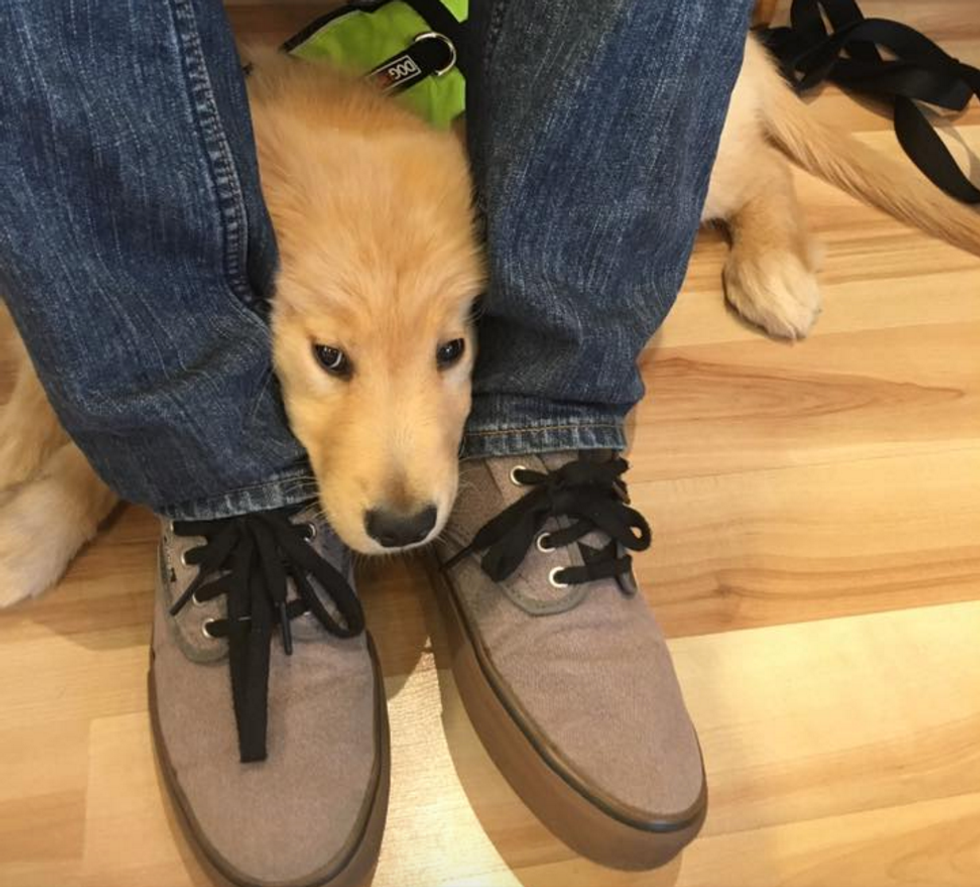
When people make the decision to own or train a service dog or buy one from a program, they usually go to the doctor who has been treating their illness for a letter. When they ask for this letter, they simply need it to state that the doctor has been treating the illness and that a service dog would help the disability.
Unfortunately, when some people ask for these doctor-written letters, they get denied or told they don't need a service dog. Then, the doctor will try to recommend other things for the illness instead: pills, therapies, etc. Some people make the decision to train a service dog because none of those options worked, their body cannot bear to take another pill, or because the remaining options are extremely inconvenient and limits the handler from living a normal life.
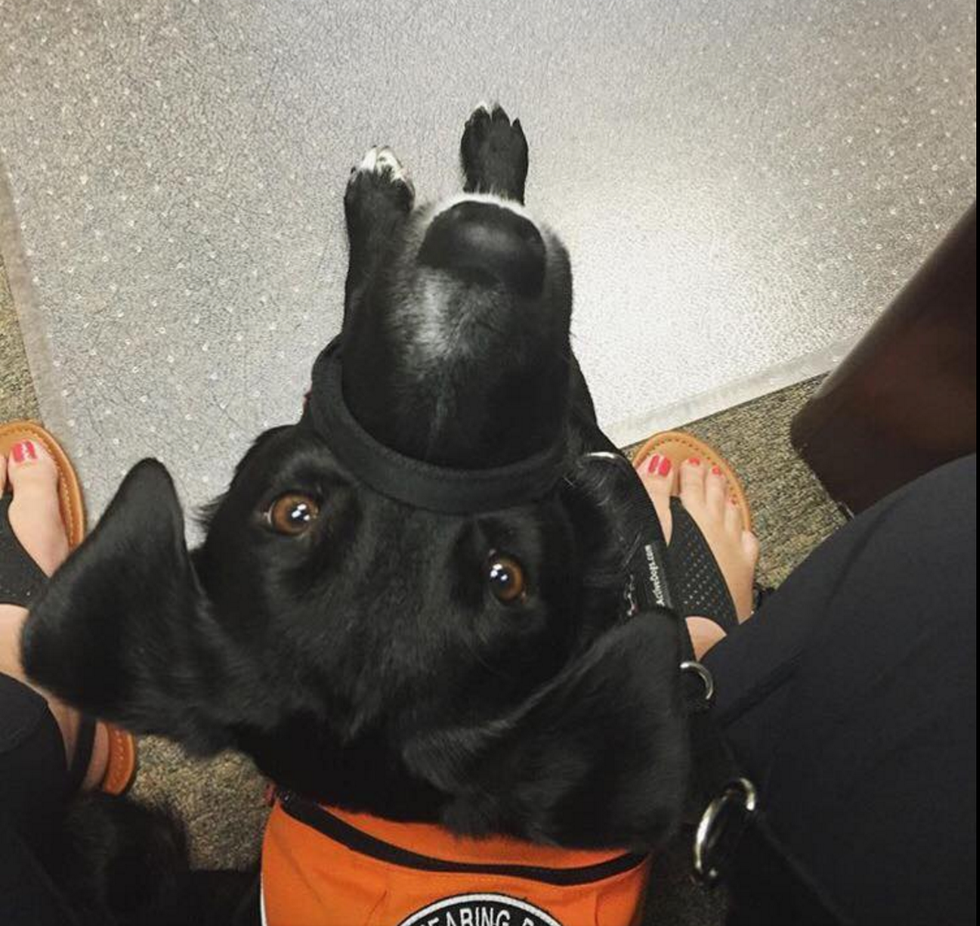
Although it would be helpful, I'm not suggesting that doctors know every single law or fact about service dogs, but they should at least have general knowledge.
When I first started training my dog, none of my doctors could suggest any way for me to find information about service dogs or the necessary training required. Doctors should, at minimum, know that the dog has to be trained for tasks specific to each person so they could suggest some helpful tasks based on illnesses. For example: a doctor could advise a mobility dog for someone who needs counterbalance or a dog to "brace." I had to research everything on my own and connect with other owner-trainers on Instagram since there are limited websites with correct information on service dogs. Many websites state that a registration and ID tag needs to be purchased, which is false, and many doctors are not even aware of this being a fable.
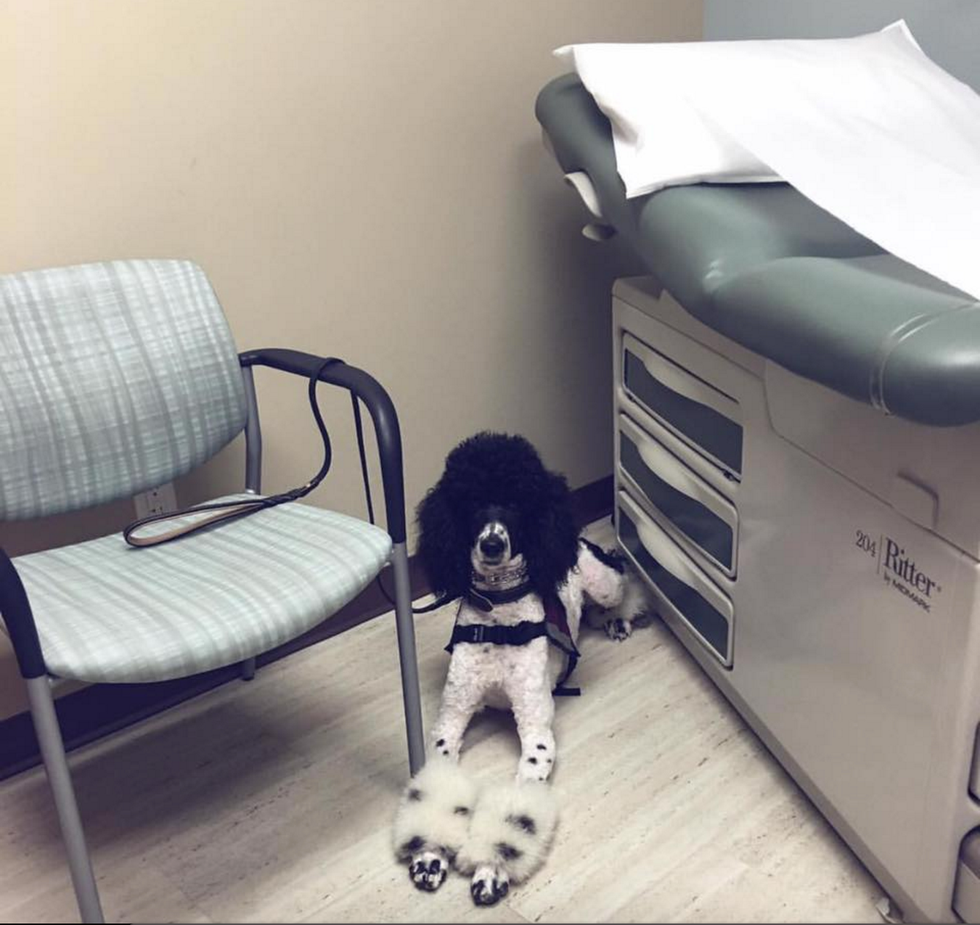
When doctors hear that there are service dogs for PTSD, depression or anxiety disorders, they use the term "therapy dog." Although it may seem like these people need therapy, those two dogs are completely different things.
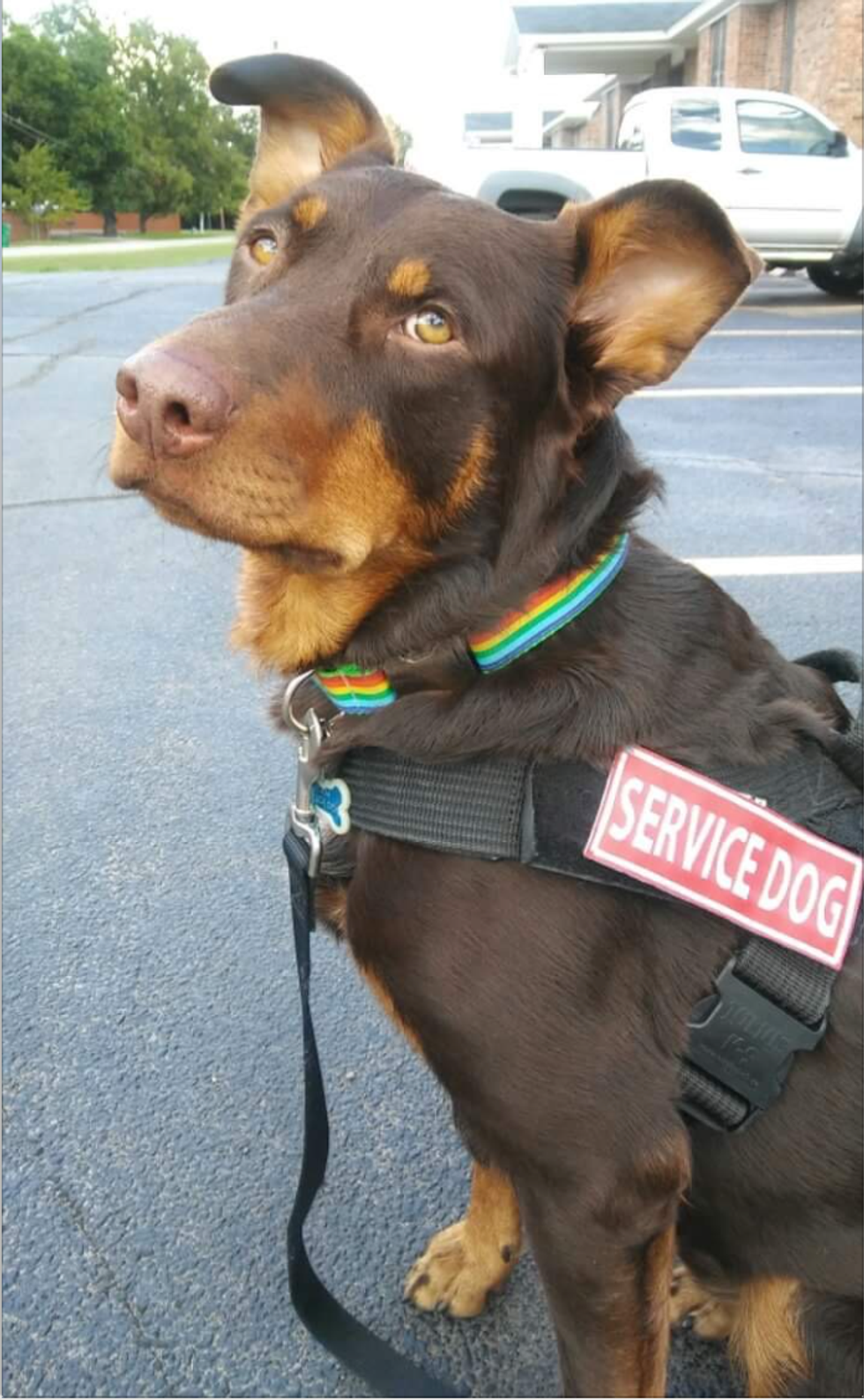
I knew what tasks I wanted to teach my dog to help my disabilities, but the problem was that I didn't know where to start. I had never owned a dog, let alone trained one to do various, specific tasks.
Another thing that would be helpful for doctors to know is that owner training is an option. I remember one doctor telling me that I had to buy a fully trained dog from a program, which is expensive, and definitely does not fit the college student budget. Many (not all) disabled people do not work and would be willing to owner train a dog in their spare time. If they knew it was an option.
What do all of us with disabilities have in common? We see many different specialists, and often at that. When we come into a new waiting room for the first time, it's basically a routine by now. We fill out our paper work (if we didn't bring it in filled-out already... the over-achievers!) then we show our ID and insurance card, etc.
Finally, after all the questions and establishing yourself as a patient, imagine walking into the doctor's office and finding they have terrible service dog etiquette. We find it rude when adults and children bark at our dogs in public, but when someone with their M.D. is calling my dog over and asking questions in ways that make a handler go haywire (i.e. "What's wrong with you?" "Can I touch your dog?" "Does it bite?"), we want to get on with our appointment already. I never mind when the doctor comes in and "ooh's" or "ahh's" at my dog, but I prefer they keep it professional and save all dog-related questions for the end, instead of bombarding me with questions from the get-go.
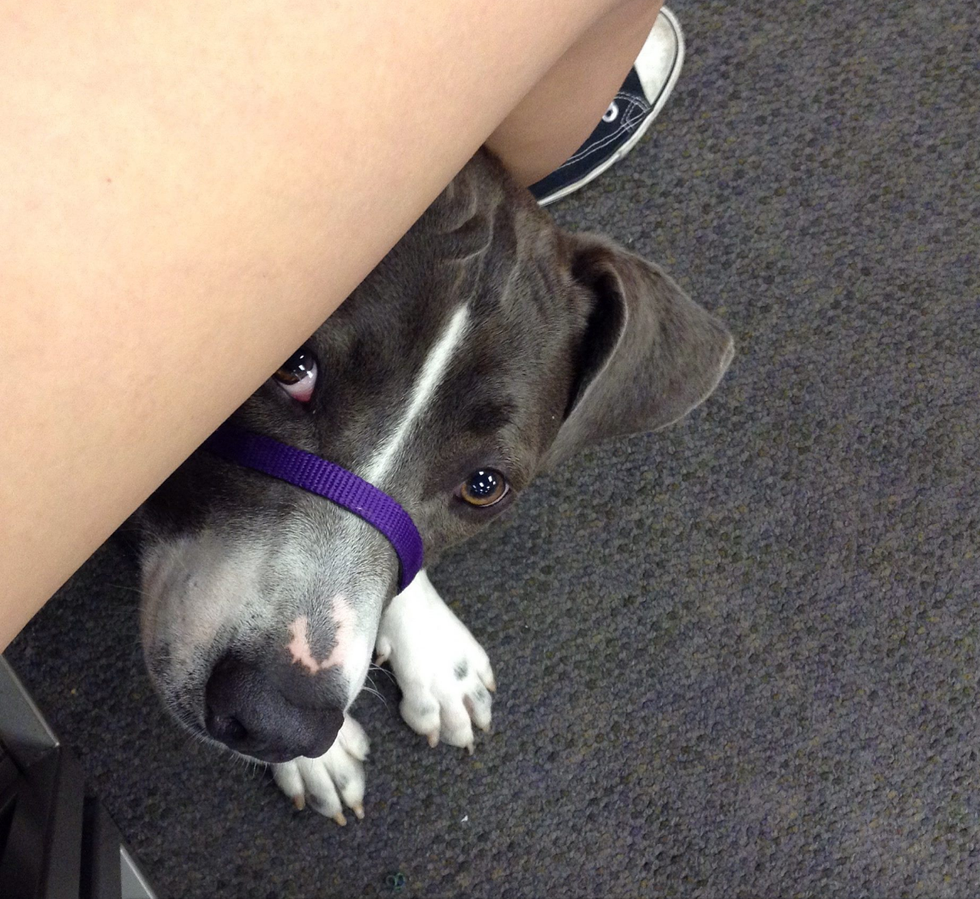
Ever heard the phrase "do not separate service dog from handler."? Some teams have matching bracelets (handler and dog) with the phrase on it because it would potentially be dangerous for the disabled handler to be without their medical equipment. Some doctor's offices will try to make me leave my service dog in the waiting room with my wife. They come up with a different excuse every time since they can't simply say "we don't want a dog back here." One of the best excuses I heard from a nurse was: "Your dog can't come back here because there are too many germs and he will get sick."
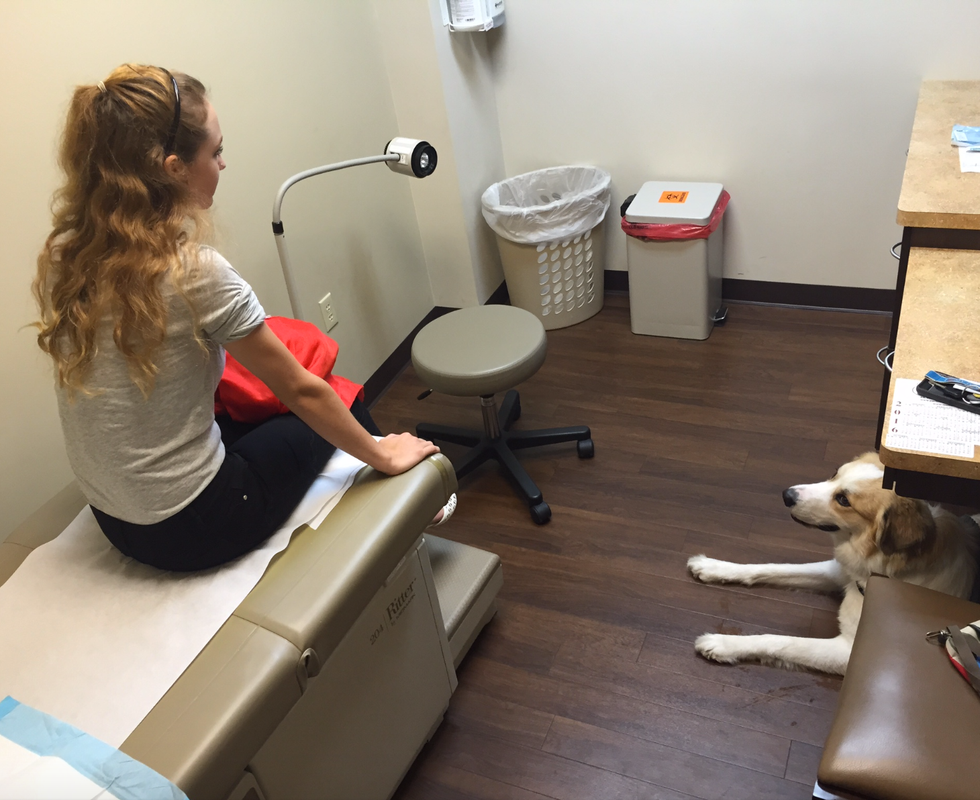
For people with any type of anxiety, a doctor's office could be extremely triggering, making it even harder to separate from their service dog. Granted, there are some procedures/areas where dogs, and even service humans, cannot be and that is completely understandable. However, if the nurse simply doesn't like dogs, that's their own personal problem, unfortunately, because I'm not leaving my dog just for their contentment.
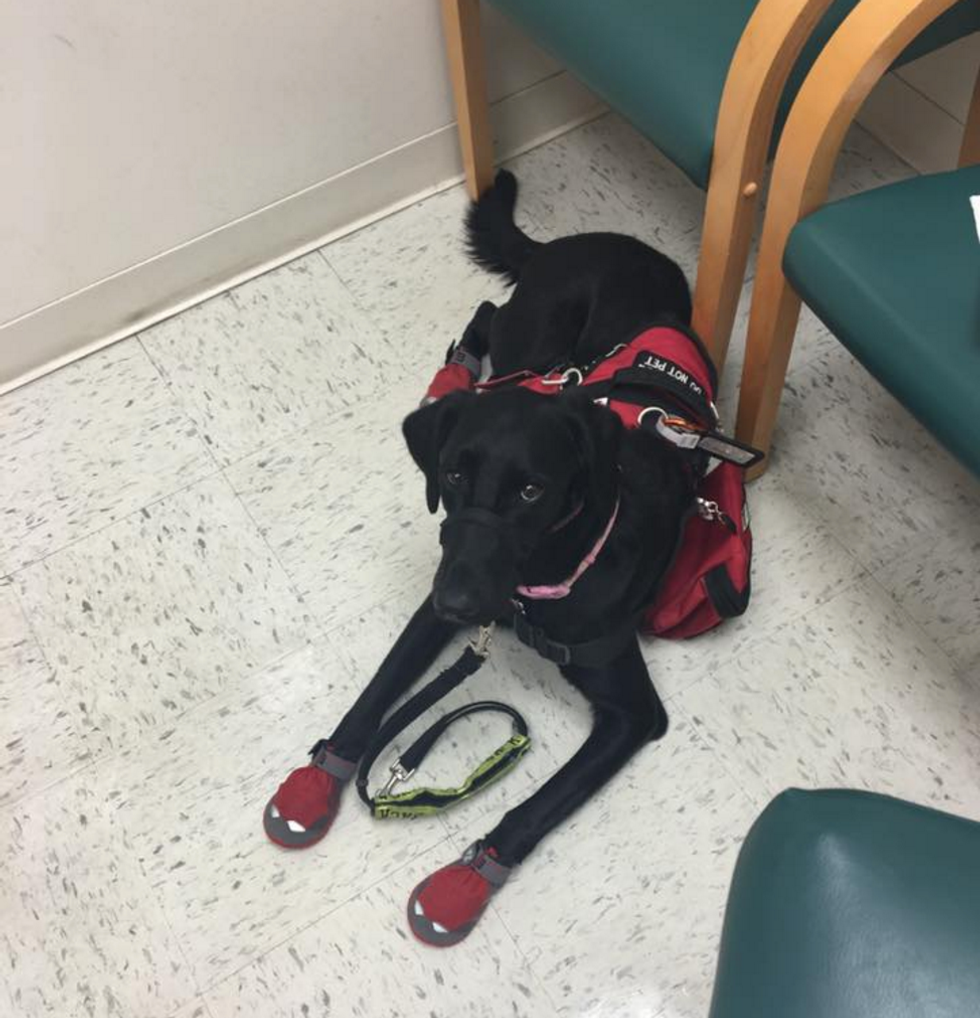
When a patient is seeking help, it is extremely unprofessional and irritating for a doctor to make jokes about a service dog being aggressive or the cause of a medical issue.
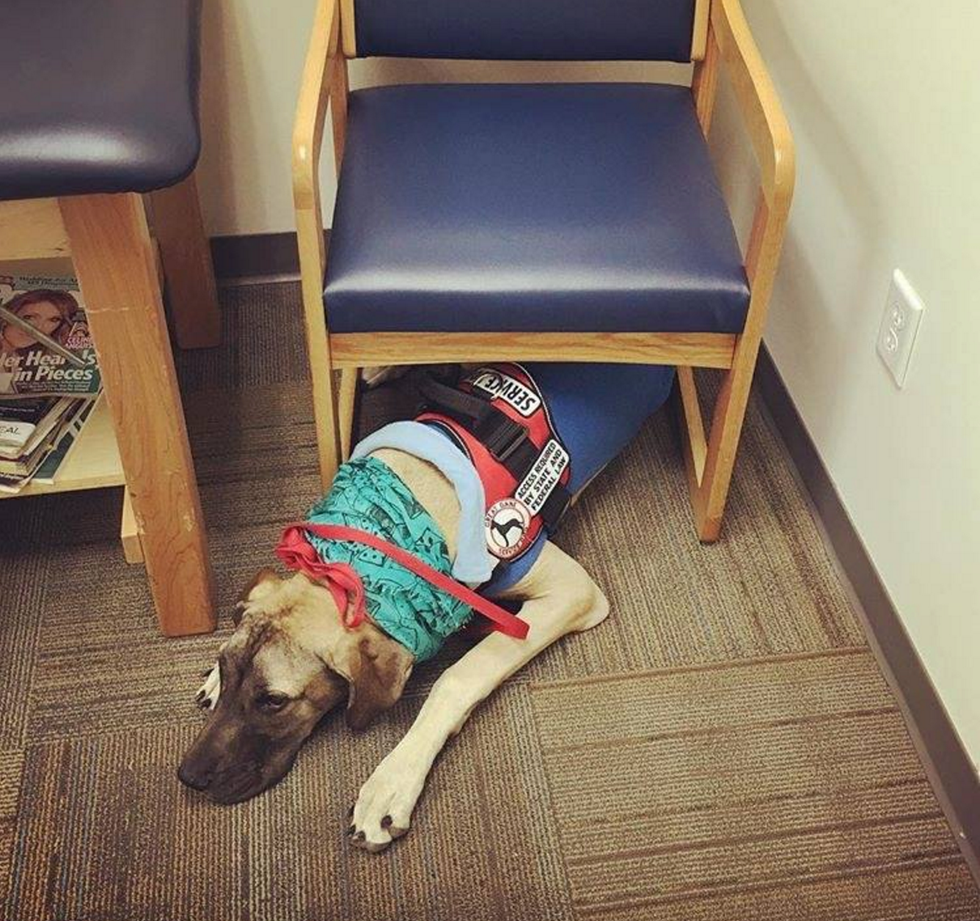
Lastly, doctors should know that although it may be rare, young people are not immune to illnesses. For a doctor to look at a service dog handler and comment that they're "too young to have these problems" almost seems as if the doctor is unaware that chronic illnesses do not have an age limit.
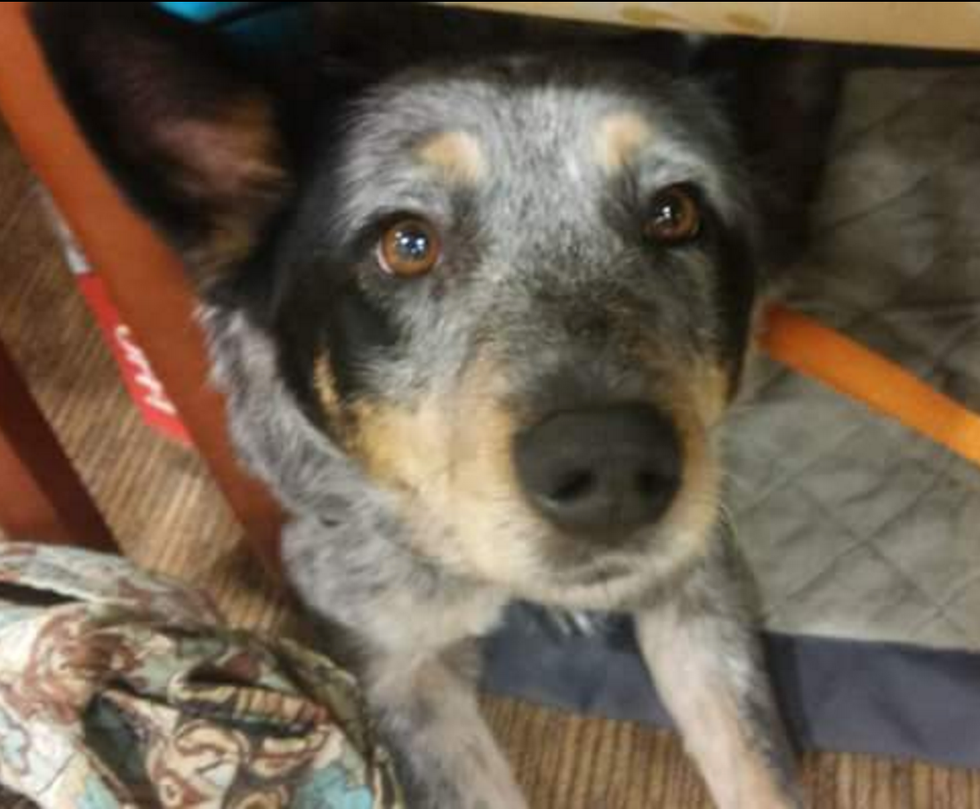
In conclusion, we will continue to spread awareness about service dogs, and the different types of service dogs, for our doctors.





















